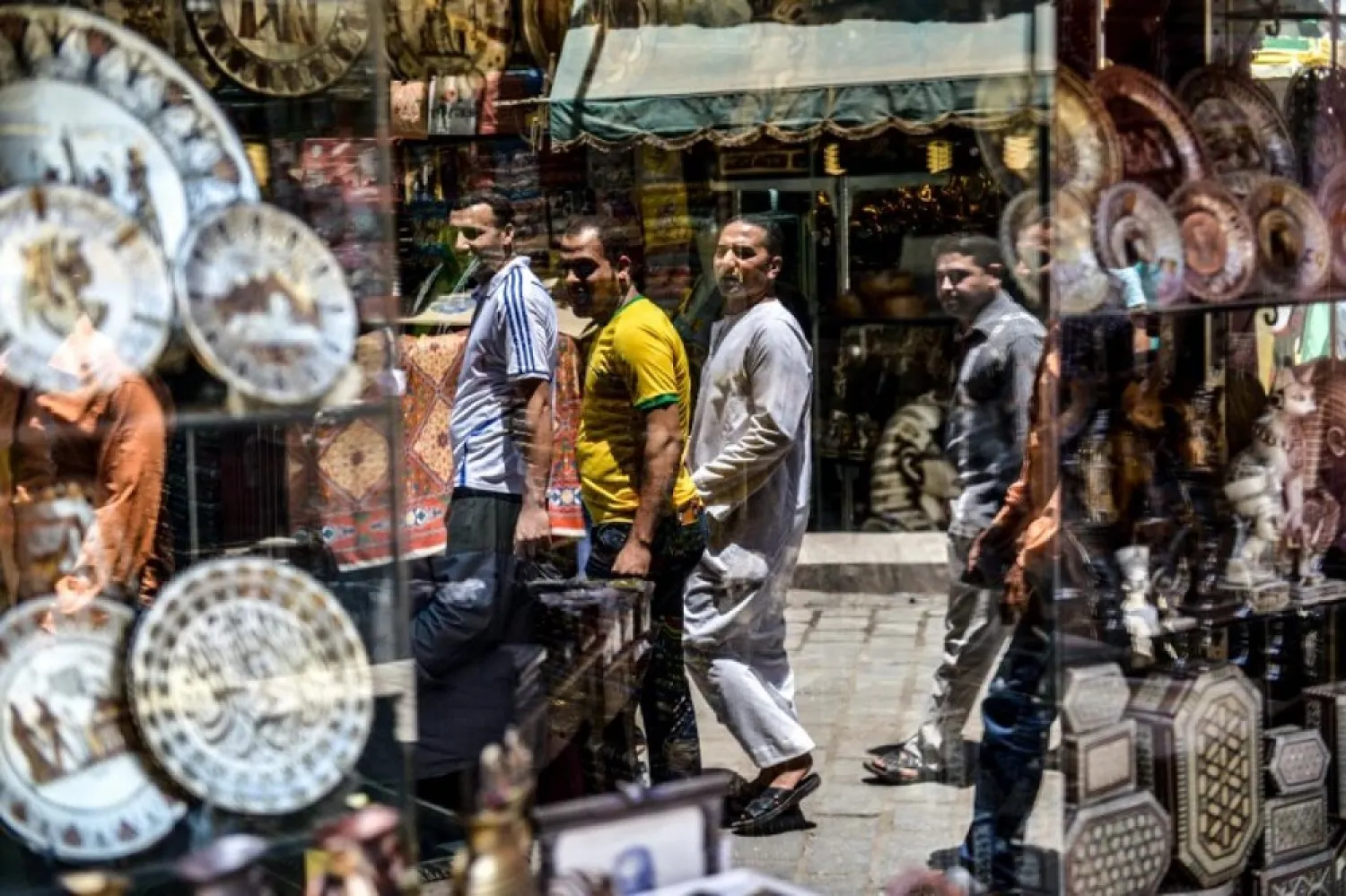Egypt’s economy is expected to grow 5.9% in the year ending in June, the International Monetary Fund said on Tuesday — unchanged from its April forecast but below the government’s target of 6% to 7%.
Analysts have hailed Egypt for tough economic reforms tied to a three-year, $12 billion loan program with the IMF agreed in late 2016, which has been disbursed in full.
The reforms included devaluing the currency by about half, cutting energy subsidies and introducing a value-added tax. Those changes have left many of Egypt’s nearly 100 million citizens struggling to make ends meet.
In its World Economic Outlook, the Fund brought down its 2019/2020 forecast for consumer price inflation to 10% from 12.3% six months ago.
Egypt said its economy grew by 5.6% in the 2018/19 year, slightly above the IMF’s estimate of 5.5%, unchanged from April.
The World Bank forecast on Thursday that Egypt’s economy would grow by 5.8% this fiscal year and estimated it grew 5.6% in 2018/2019, matching the government’s figure.
The IMF forecast Egypt’s current account deficit would widen to 2.8% of GDP this fiscal year from its 1.7% estimate in April. It also widened its estimate for last year’s current account deficit to 3.1% from 2.4%.
The IMF improved its expectations for unemployment in Egypt, predicting it would fall to 7.9% this fiscal year, down from its estimate of 8.3% six months ago. It also estimated unemployment in 2018/19 at 8.6%, below its April expectation of 9.6%.
“A loss of reform momentum would reduce growth and potential output and put pressure on unemployment, given the fast-increasing labor force,” the IMF said in its final review of Egypt’s reform program, written in July and released this month.
The IMF said last year that Egypt will have a working age population of 80 million by 2028.









